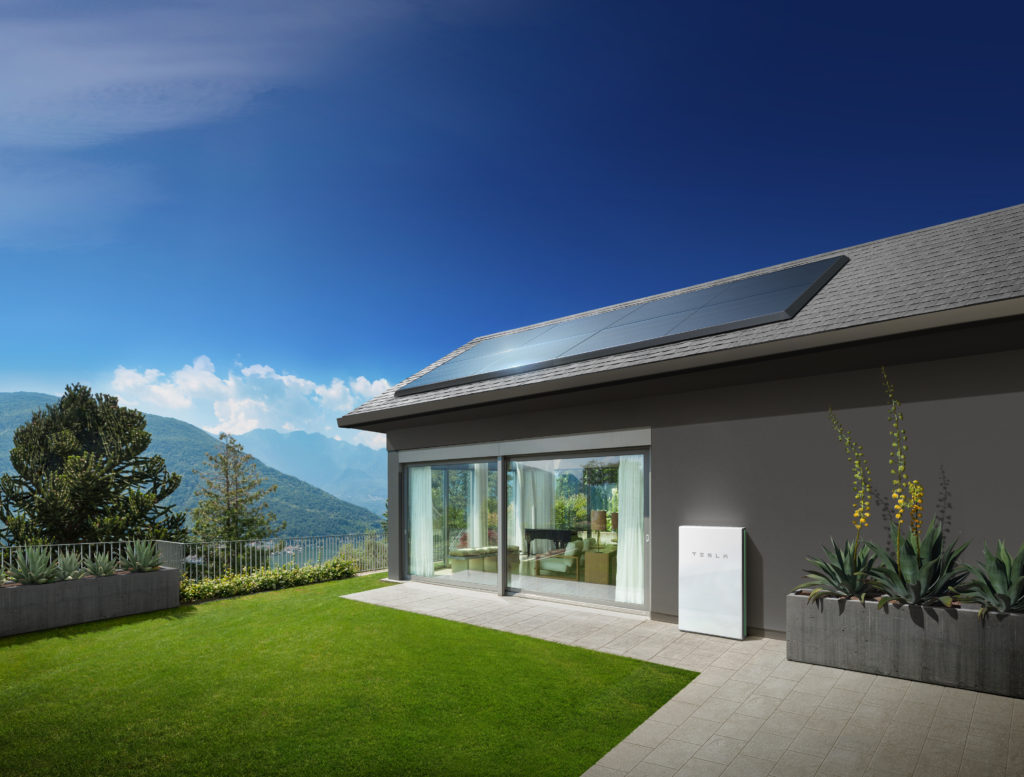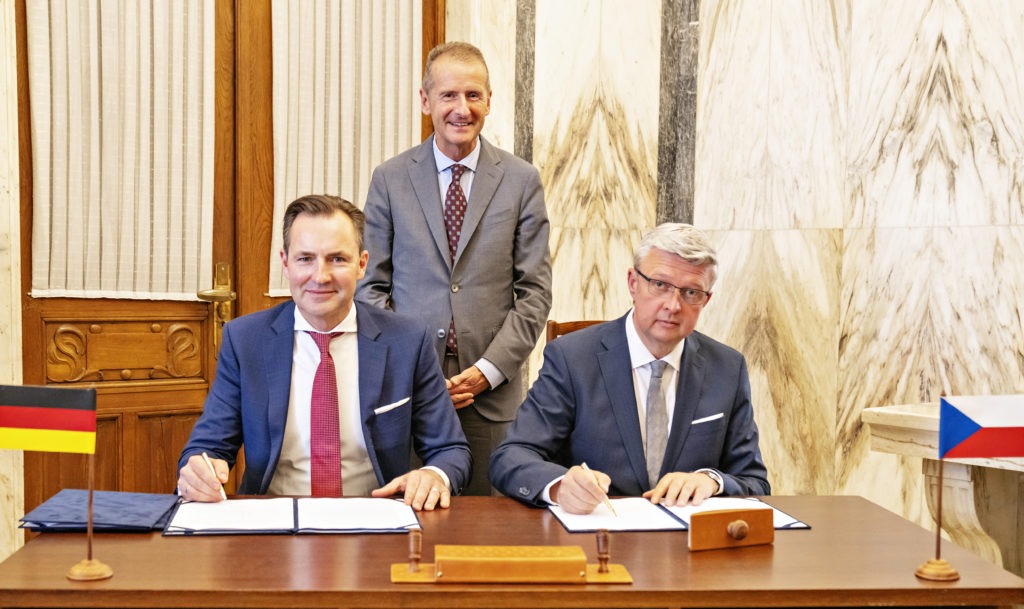Tesla in partnership to stir up German energy market
18 October 2021

There is no doubt that electrically-chargeable vehicles (EVs) are transforming the automotive industry. The same can be said about the electric utility sector, which is on the verge of a revolution as sustainability and increasing demand are disrupting the industry.
Major carmakers are now producing and selling a rising number of EVs that need to be plugged into electrical outlets, directly linking the surge of electric cars to the grid. With energy providers having to handle the extra demand for electricity, Tesla has spotted a lucrative opportunity to mix up the market.
The battle surrounding EV supremacy has spilled into the energy market as more car brands focus on going fully electric. With this shift to electromobility, OEMs have recognised the significance of energy providers and are already providing incentives to make charging more attractive. But Tesla has now raised the stakes.
Special tariff
In Germany – Europe’s biggest energy market and home to some of the largest car manufacturers – British provider Octopus Energy has partnered with Tesla to offer a plan that promises cheap and clean energy. The tariff is specifically designed for homes that have solar panels and a Tesla Powerwall installed, the latter of which is an integrated battery system that stores solar energy for backup protection.
The companies rolled out the nationwide Tesla energy tariff on Monday (18 October), promising low electricity rates. This will also appeal to customers who want to contribute to climate protection as the energy plan provides 100% green electricity.
‘Germany is aggressively driving the energy transition, but it still has the highest electricity prices in Europe. This is why consumers are often still reluctant to use e-cars and other clean technologies such as smart meters or wall boxes,’ said Andrew Mack, managing director of Octopus Energy Germany.
‘The new Tesla electricity tariff powered by Octopus Energy gives German Powerwall owners smooth and even cheaper access to green electricity, 24 hours a day. At the same time, we are supporting the government in accelerating the uptake of electric vehicles and achieving the climate targets for 2030,’ he added.
Setting the stage
The companies said customers will only pay ‘direct energy and network costs’, as well as a low monthly fee of €3. The tariff comes with a price guarantee of two years, while consumers can stay flexible and cancel the contract on a monthly basis. The price guarantee is a selling point as it protects customers from rising energy costs. What also stands out is that consumers do not even need to own an EV – Tesla is thus not only targeting EV owners but also a wider audience of potential customers.
The carmaker has certainly spotted a lucrative business model by partnering with Octopus Energy, which has recently agreed a deal with Generation Investment Management for $600 million (€517 million) in additional investment. Other power suppliers are also investing in the mobility sector. Germany-based EnBW, for instance, is planning to build Europe’s biggest fast-charging station. Its competitor E.On acquired a majority stake in smart-grid startup gridX as part of its digitalisation strategy.
A carmaker trading electricity might have sounded outlandish a few years ago, but Tesla’s bold move could set the stage for other manufacturers to challenge established utilities and step up competition. In Tesla’s case, it can even lower the costs of running its electric cars.
‘As electrification of automotive parcs across Europe intensifies, traditional fuel sales will become less relevant to drivers,’ commented Autovista24 editor Phil Curry. ‘Therefore, it is likely that owners of battery-electric vehicles (BEVs) will seek out cheaper energy prices if they intend to charge at home. We will likely see many more carmakers partnering with energy firms to create special tariffs for their drivers, enabling them to recharge their vehicles for little additional cost. As reliance on fuel decreases, domestic and business energy rates will become the biggest area of incentivisation in the coming years.’



